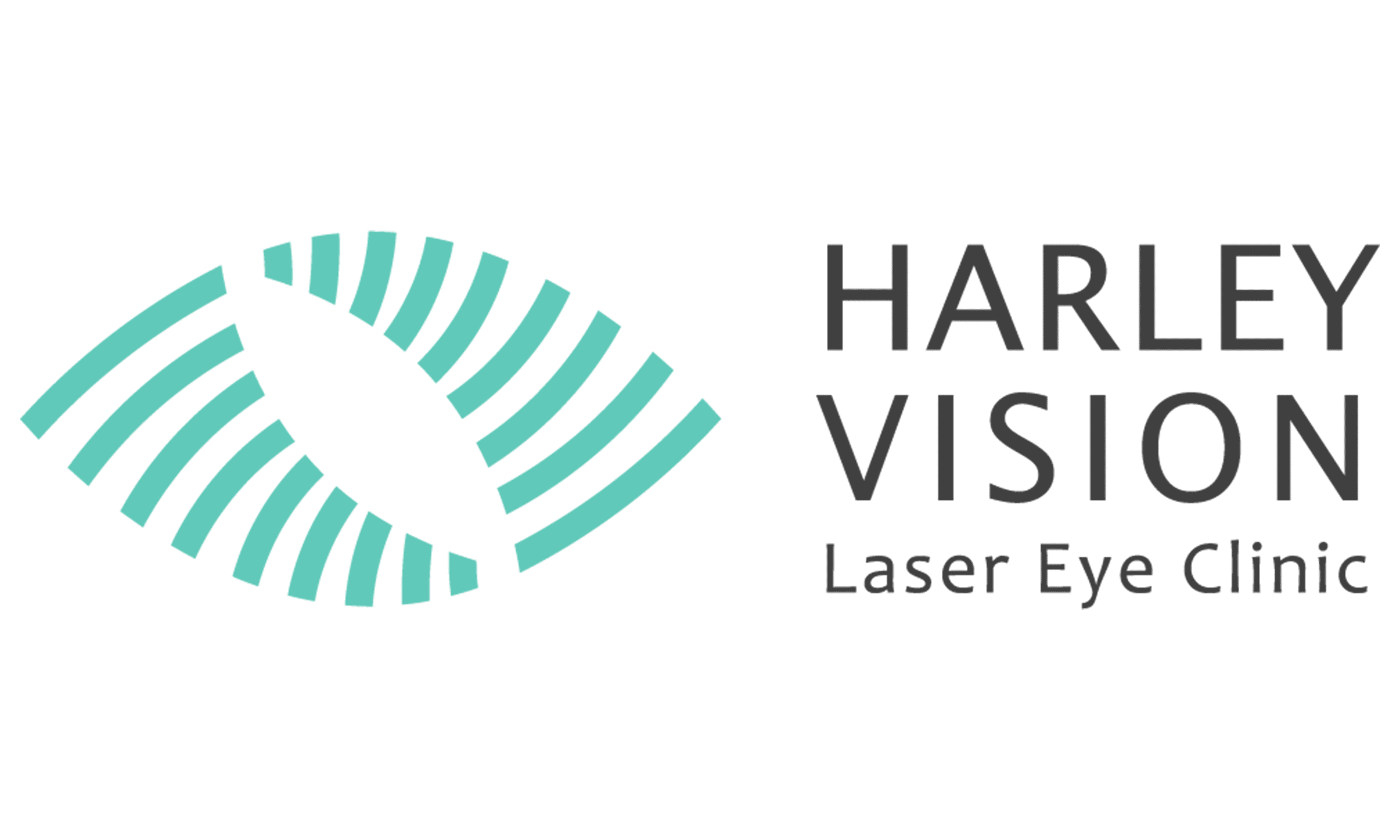Fuchs endothelial dystrophy is a condition which affects the back layer of the cornea, resulting in gradual deterioration of vision. It is a condition which affects both eyes, and usually starts to affect vision once the affected person is above the age of 60 years.
Key facts about Fuchs endothelial dystrophy:
- Causes progressive cloudiness of the cornea
- Symptoms include blurred vision, reduced quality of vision. In latter stages can result in eye pain and cornea scarring.
- Affects both eyes
- More common in certain ethnicities, e.g. Asians and Middle Eastern populations
- Can be inherited or sporadic (non-inherited)
- Treatment of Fuchs endothelial dystrophy is stepwise:
- No treatment needed if at early stage
- Sodium chloride 5% ointment
- Cornea transplantation
Frequent asked questions (FAQs):
There is no proved treatment to stop progression of Fuchs endothelial dystrophy. However, there are very effective treatments to improve vision.
The gold-standard treatment is Descemet Membrane Endothelial Keratoplasty (DMEK). In very advanced or complex cases, other types of cornea transplants can be performed. Mukhtar Bizrah has completed fellowships in advanced cornea transplantation hospitals in London and Vancouver, and commonly performs these procedures.
DMEK involved transplanting an ultra think cornea transplant which will sit at the back layer of your cornea. Surgery is done through small keyhole incisions and should not cause pain. Local anaesthesia is always used for the surgery to the operation itself. There should be minimal pain afterwards, and most patients describe a surprisingly painless experience.
You lie down on your back for one hour after cornea transplant surgery for Fuchs dystrophy. You can then go home and lie down on your back as much as possible for 2 days. You can still sit up to eat, use the toilet or even go for short walks. Vision takes a few days to a few weeks to significantly improve.
This is commonly advised by eye specialists around the world, especially in the morning when the vision is most cloudy. Warm air may help dry up the cornea to improve vision, but is an outdated method to improve vision. It also has no effect on reducing progression of the disease.
At the Harley Vision, we believe that cornea transplantation should be offered when the vision is becoming blurred. Cornea transplantation techniques have evolved significantly in the last 10 years. In the hands of an experienced surgeon, it can take as short as 20 minutes and be life-transforming.
Yes, if both conditions are present, combined cataract and cornea transplant surgery is possible and commonly performed by Mukhtar Bizrah.
This will be discussed with the cornea specialist, and takes into account your symptoms, wishes, clinical examination and cornea scan findings.
